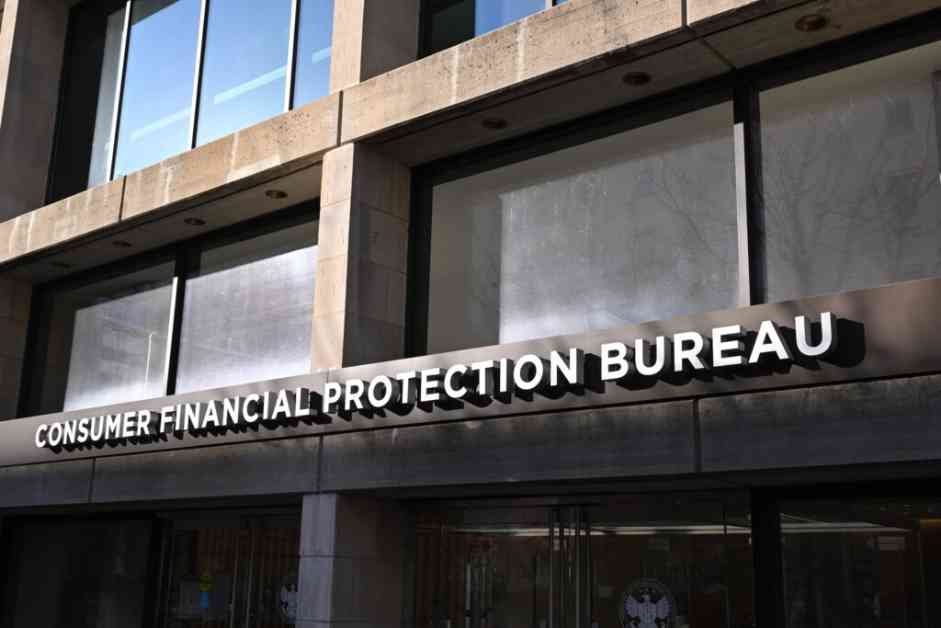The Consumer Financial Protection Bureau (CFPB), established by President Obama in response to the Great Recession, faces uncertain times with President Trump’s administration looking to cut waste and inefficiency. Senator Ted Cruz from Texas has introduced a bill to defund the agency, leading to a halt in all work tasks for staff and contractors. Chuck Bell from Consumer Reports, an expert in consumer protection, sheds light on the potential impacts of this decision on everyday people.
Protecting Consumers in Financial Crisis
Reflecting on the 2008 financial crisis, Bell emphasizes the importance of the CFPB in safeguarding consumers from risky financial products. The agency’s core mission is to ensure that financial products are safe and transparent, akin to the safety standards expected from a household appliance like a toaster. By disclosing financial terms clearly and mitigating systemic risks, the CFPB aims to prevent another economic catastrophe.
Over the years, the CFPB has carried out a range of responsibilities to supervise financial institutions, enforce regulations, and protect consumers. Notable accomplishments include securing nearly $20 billion in relief for millions of consumers, establishing a national complaints database, and resolving issues like errors in credit reports and excessive loan payments. The agency’s proactive approach has helped countless individuals navigate financial challenges and access fair treatment.
Impact of Work Stoppage on Consumers
The sudden halt in CFPB’s operations raises concerns about the vulnerability of consumers in the financial marketplace. With rapid technological advancements and innovative financial products, the agency plays a crucial role in regulating non-bank entities like fintech companies and non-bank mortgage firms. By setting guidelines for credit cards, overdraft fees, and credit reporting practices, the CFPB ensures consumer protection in a rapidly evolving financial landscape.
The temporary work stoppage, initiated by external forces, jeopardizes ongoing efforts to defend consumer rights and hold fraudulent companies accountable. Recent actions, such as imposing fines on businesses like Cash App for defrauding customers, are at risk of being delayed or discontinued. Additionally, the intrusion of private interests, exemplified by Elon Musk’s involvement in CFPB’s operations, poses a unique threat to consumer protection efforts.
Challenges Ahead for CFPB
Amidst Senator Ted Cruz’s push to defund the agency, concerns arise regarding the future of consumer protection under the CFPB’s jurisdiction. While the potential defunding may not lead to immediate closure, it could significantly impede the agency’s ability to function independently and shield consumers from industry influence. Unlike traditional banking regulators, the CFPB’s independent funding model has allowed it to operate free from undue industry pressure, ensuring a fair playing field for consumers.
Bell underscores the critical role of the CFPB as a strong, independent financial regulator in a complex economy. Prior to the agency’s establishment, various federal departments struggled to address consumer complaints effectively, leading to the catastrophic events of the 2008 financial crisis. By dismantling a vital consumer protection mechanism, the risk of another financial meltdown looms large, leaving consumers vulnerable in a rapidly changing financial landscape.
As legal challenges and congressional debates unfold, the future of the CFPB remains uncertain. Despite political divides, the agency’s role in resolving consumer financial grievances enjoys broad support across party lines. The practical utility of the CFPB as a reliable resource for individuals facing financial difficulties underscores its significance in safeguarding consumer interests.















